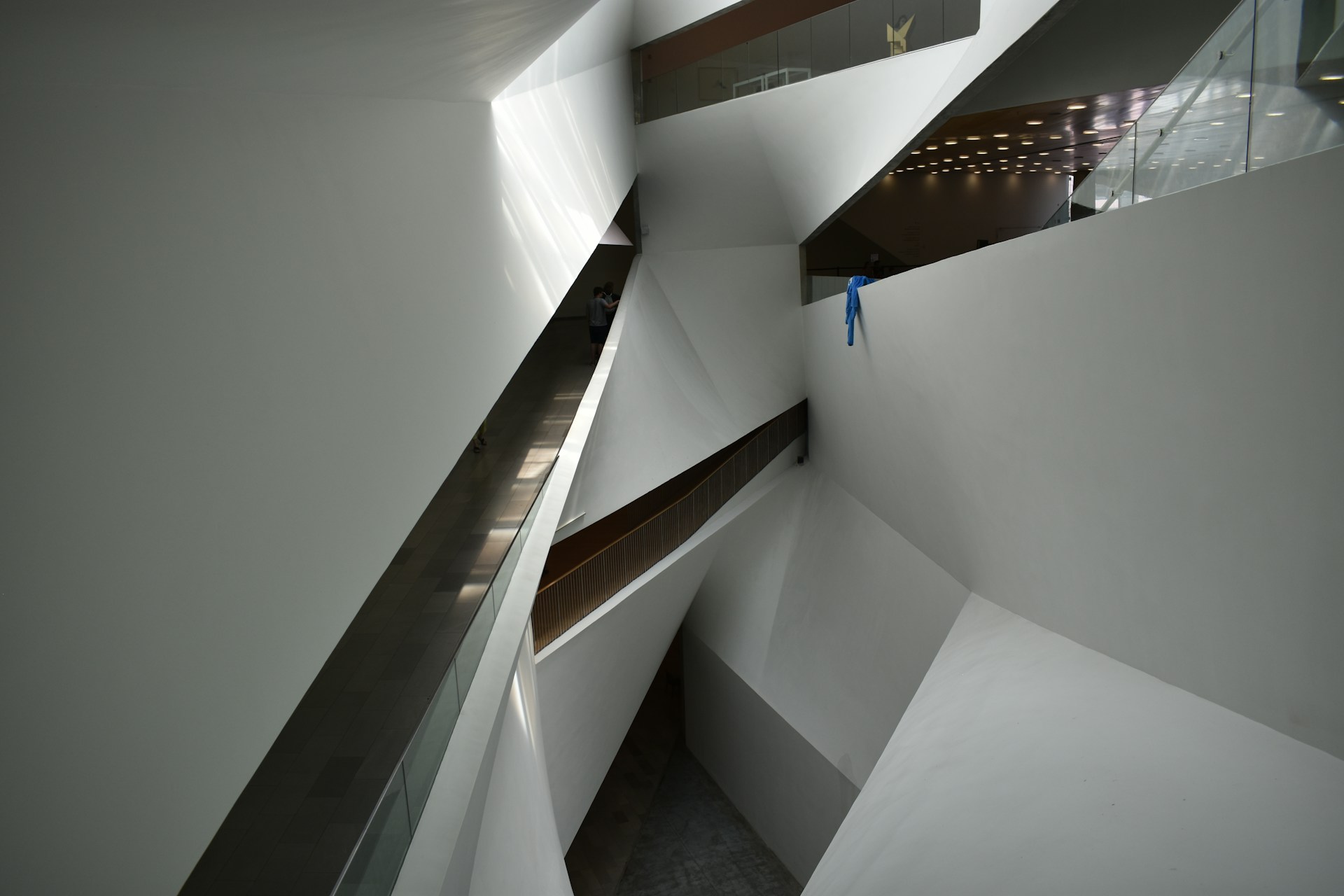Climate change is having a profound impact on ecosystems around the world, and the UK is no exception. One significant consequence of rising temperatures and changing weather patterns is the altering of pest populations. As temperatures increase, pests that were previously confined to warmer regions are moving further north, increasing the number and variety of pests in the UK.
One such example is the increase in populations of insects like mosquitoes, ticks, and midges. Warmer temperatures provide these pests with more favorable conditions for breeding, leading to larger populations and an increased risk of diseases being transmitted to humans and animals. Additionally, changing weather patterns can disrupt the natural predators of these pests, allowing their populations to grow unchecked.
Another consequence of climate change is the proliferation of invasive species. As temperatures rise, non-native pests that were previously unable to survive the UK’s climate are now finding it more hospitable. These invasive species can outcompete native pests for resources, leading to declines in biodiversity and disruptions to ecosystems.
In response to the changing pest populations, many homeowners and businesses are turning to Solar Panel Proofing as a solution. Solar panel proofing is the practice of installing physical barriers or deterrents to prevent pests from nesting under or around solar panels. This not only protects the solar panels themselves from damage but also helps to reduce the risk of pests entering buildings and spreading diseases.
One common pest that solar panel proofing aims to prevent is pigeons. Pigeons are known to roost under solar panels, creating nests that can damage the panels and cause them to malfunction. In addition, pigeon droppings can carry diseases like salmonella and histoplasmosis, posing a health risk to humans and animals.
Another pest that solar panel proofing can help to control is squirrels. Squirrels are agile climbers and can easily access solar panels, where they may chew through wiring and cause electrical malfunctions. By installing barriers around solar panels, homeowners can deter squirrels from getting too close and causing damage.
As climate change continues to impact pest populations in the UK, it is essential for homeowners and businesses to be proactive in protecting their properties from pests. Solar panel proofing is a cost-effective and environmentally friendly way to deter pests and safeguard solar panels from damage. By taking steps to prevent pests from nesting under solar panels, property owners can help to mitigate the impact of climate change on pest populations and protect the health and safety of their communities.
For more information visit:
Action Force Pest Prevention | Local Pest Control Specialists | Bristol City and Bath
https://www.actionforcepestcontrol.co.uk/
BPCA certified, 5* Pest control service. Family-run local pest control. Action Force Pest Prevention Offering expert pest exterminator services to protect your property


